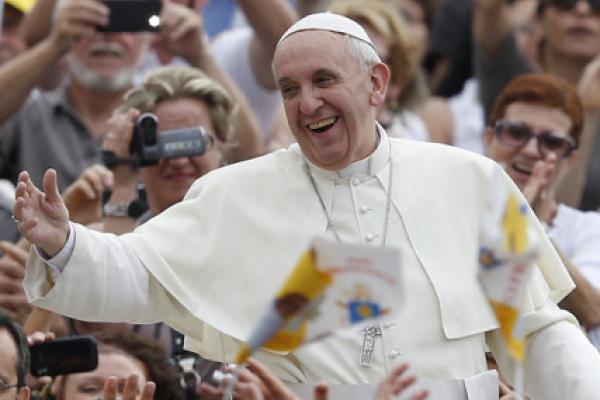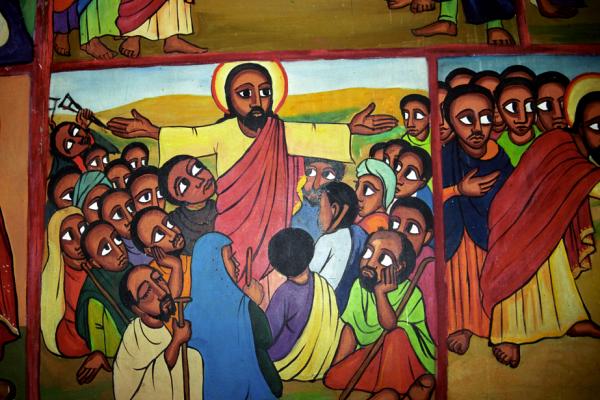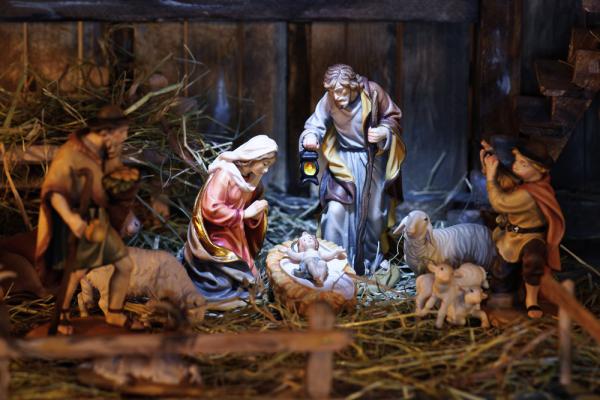Pope Francis is TIME's Person of the Year. But that is only because Jesus is his "Person of the Day" — every day.
Praises of the pope are flowing around the world, commentary on the pontiff leads all the news shows, and even late night television comedians are paying humorous homage. But a few of the journalists covering the pope are getting it right: Francis is just doing his job. The pope is meant to be a follower of Christ — the Vicar of Christ.
Isn’t it extraordinary how simply following Jesus can attract so much attention when you are the pope? Every day, millions of other faithful followers of Christ do the same thing. They often don’t attract attention, but they keep the world together.
In the wake of Megyn Kelly’s statement that “Jesus was a white man,” critics have quickly and unanimously responded that Jesus was not a white man.
Rev. Laura Barkley debunked Kelly’s statements for Sojourners, noting that Jesus “was a Palestinian Jew in first-century Nazareth.”
Last December, I decided to run after dark and entertain myself by running through neighborhoods, looking at lighted Christmas decorations as I passed by. It was a novel twist on my regular exercise, and I enjoyed gazing at the beautiful, the creative, and the tacky alike.
Then, I started noticing the insides of houses, too. The Christmas trees were lit and decorated; the insides of the houses seemed warm and inviting. Suddenly, instead of an independent adult on a crisp winter jog, I felt more like a homeless orphan from a George MacDonald Christmas story looking in at something I did not have and of which I could not be a part. Needless to say, the run lost its sense of adventure.
Recently, it has struck me how strange the situation was, both in what I saw Christmas to be and in my decision that I “didn’t have it.”
I was encouraged by the findings of U.S. District Court Judge Richard Leon on Monday who granted an injunction to plaintiffs Larry Klayman and Charles Strange that will temporarily stop the National Security Agency from continuing their data-gathering program that mines information from our mobile phone calls.
The injunction was issued because the judge believes that Klayman and Strange likely will win their lawsuit against the federal government, claiming that the phone record collection practice is an unconstitutional violation of personal privacy.
The whole storyline is made that much more dramatic since the otherwise secret program was leaked to the public by former NSA contract Edward Snowden, who is now on the run, seeking asylum in exchange for shared intelligence. And while some perceive Snowden as a hero of individual liberty, others vilify him as an enemy of the United States, much like any other terrorist. Interestingly, people’s opinions about the NSA — and, frankly, the Obama administration and the government as a whole — diverge in similar ways.



